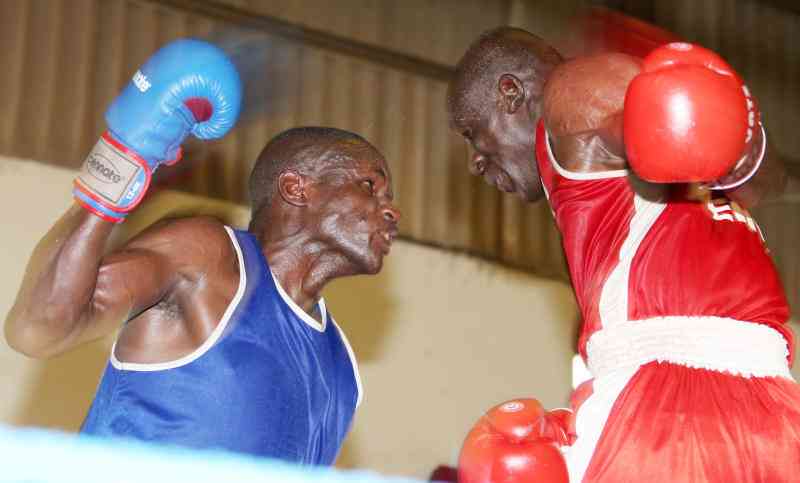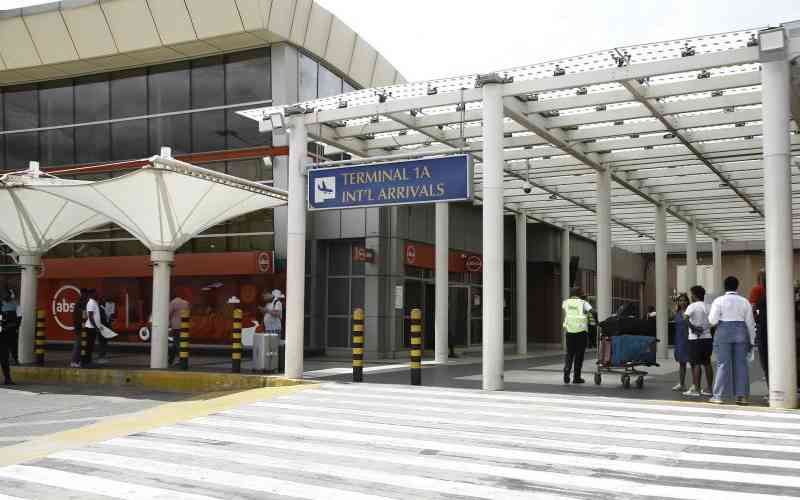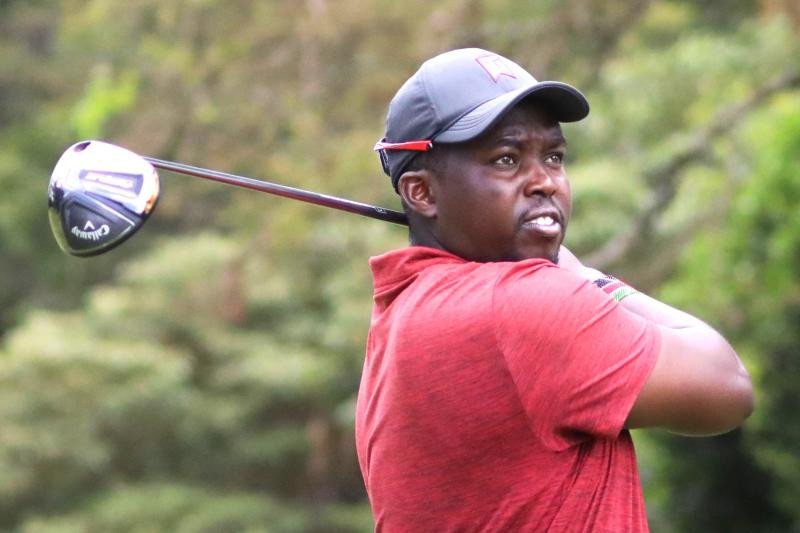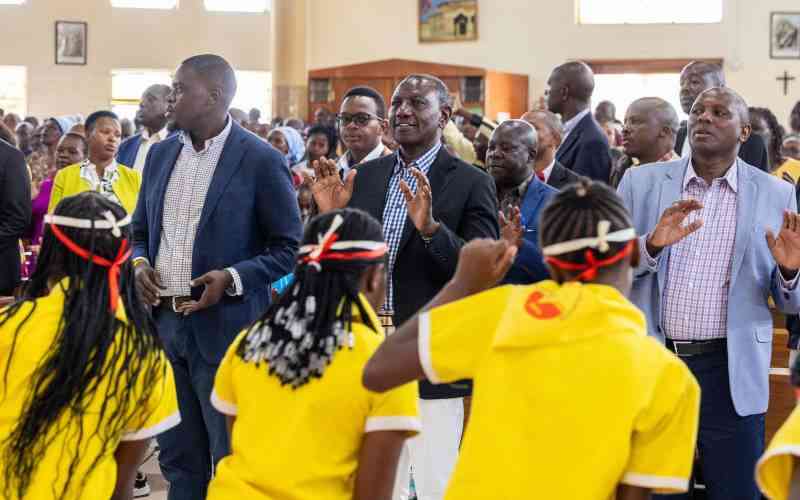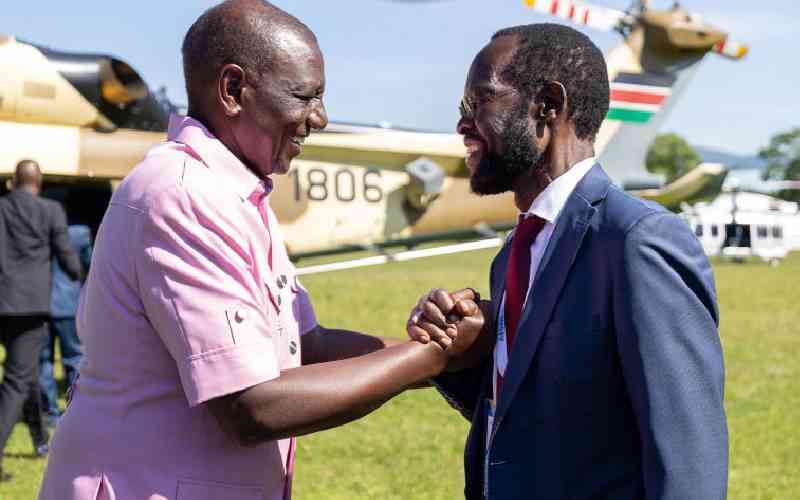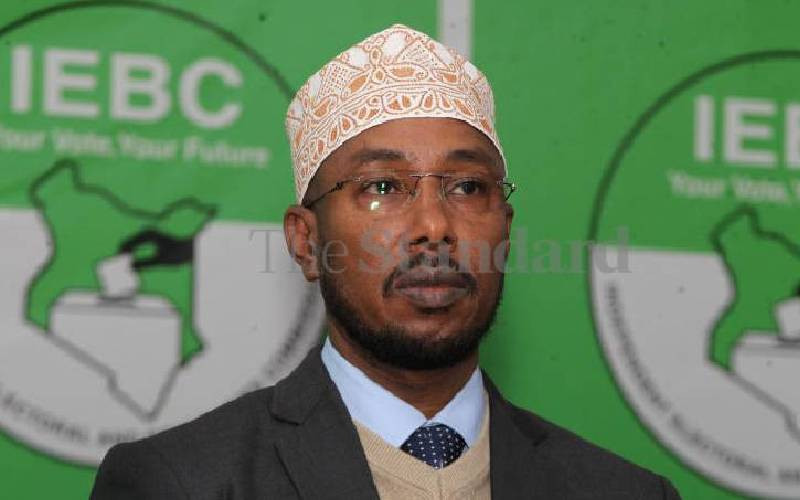Youth leaders and civil society groups from across Nigeria are urging the government to invest in equity enhancing strategies to restore crumbling services for women, newborns, children and adolescents.
They spoke on the World Health Day being held at the backdrop of the COVID-19 pandemic which continues to threaten the improvement in health and social services. This year, the theme for World Health Day is ‘Building a fairer, healthier world’ which reminds many of a need to invest in equity enhancing strategies to address the needs of the most vulnerable.
“COVID-19 has exacerbated inequities, putting at risk hard won gains that have been made over the past decade,” says Helga Fogstad, Executive Director of the Partnership for Maternal, Newborn and Child Health (PMNCH).
“Ensuring that women, children and adolescents are protected from the disproportionate indirect social and economic impacts of the pandemic and associated financial crisis will require action from all stakeholders,” adds Fogstad, who is strongly committed to human rights, public health and gender issues.
Nigeria is among 10 countries around the world that recently heeded the call and made major commitments to prioritise investments for the health and well-being of women, children and adolescents. The West African nation has pledged $2.3 billion during 2020-2028 for strategic interventions that protect the reproductive, maternal, newborn, child, adolescent and elderly health and nutrition through access to family planning services; immunization; and nutrition programmes.
Today, youth leaders, campaigners and representatives of civil society organisations from across Nigeria are meeting to deliberate on the progress of improving the health and well-being of women, children and adolescents in Africa’s most populous nation.
Nigeria has the largest youth population in Africa. Since the COVID-19 pandemic erupted, the group has been negatively affected more than others due to the disruptions of essential health, nutrition and social services.
“The World Health Day 2021 is aimed at building a fairer and healthier Nigeria,” says Hon. Muhammad Usman, Chair of the National Advocates for Health (NA4H).
“I am therefore calling on both federal and state governments to improve budgetary allocations and timely release of funds for health interventions, particularly for family planning, nutrition, primary healthcare – including the Basic Healthcare Provision Fund – and the national health insurance for universal health coverage,” he adds.
Participants will discuss recent trends in maternal, newborn and adolescent health in Nigeria, and opportunities for parliamentarians, including National Legislative Assembly’s committees on health and finance, to contribute towards better health for women, girls and adolescents.
“Young people account for over 60 per cent of Nigeria’s population,” says Oyeyemi Pitan, Convener of the Nigerian Youth Champions for Universal Health Coverage (NYC4UHC).
“Therefore, the government, both at the federal and state levels, must invest in the health of young people by ensuring that all primary healthcare centres are adequately staffed, equipped and functional to provide access to sexual and reproductive health services, mental health services and essential life-saving drugs and commodities,” Pitan remarked.
In 2020, PMNCH issued a 7-point Call to Action in response to the devastating effects of COVID-19 on the health and well-being of women, children and adolescents. It calls on leaders to protect and prioritize their rights and health during the COVID-19 response and recovery by strengthening political commitment, policies and financing for vital health services and social protections, particularly for the most vulnerable. For adolescents, it compliments the PMNCH-led worldwide Call to Action on Adolescent Wellbeing.
Other low and middle-income countries that have made similar commitments include Kenya, Liberia, Afghanistan, India, and Mexico, while donor countries, Canada, Germany, Sweden, United Kingdom and the USA, and the Bill and Melinda Gates Foundation, have pledged support for this critical area of global health and development that is vital to the achievement of universal health coverage.
Stay informed. Subscribe to our newsletter
However, experts say a lot still needs to be done and stopping preventable deaths of women, girls and children must remain a top priority.
In addition, the COVID-19 pandemic has further worsened the situation as a result of disruption of essential Reproductive Maternal, Newborn, Child and Adolescents’ Health services, including family planning at all levels of healthcare delivery.
Recent data from the World Health Organization (WHO) from 105 countries show that 90 percent of countries have experienced disruptions to health services, with low- and middle-income countries reporting the greatest difficulties. Some of the most frequently disrupted services include those related to: immunization services (facility-based services: 61 percent and outreach facilities: 70 percent) and family planning and contraception services: 68 percent.
 The Standard Group Plc is a
multi-media organization with investments in media platforms spanning newspaper
print operations, television, radio broadcasting, digital and online services. The
Standard Group is recognized as a leading multi-media house in Kenya with a key
influence in matters of national and international interest.
The Standard Group Plc is a
multi-media organization with investments in media platforms spanning newspaper
print operations, television, radio broadcasting, digital and online services. The
Standard Group is recognized as a leading multi-media house in Kenya with a key
influence in matters of national and international interest.
 The Standard Group Plc is a
multi-media organization with investments in media platforms spanning newspaper
print operations, television, radio broadcasting, digital and online services. The
Standard Group is recognized as a leading multi-media house in Kenya with a key
influence in matters of national and international interest.
The Standard Group Plc is a
multi-media organization with investments in media platforms spanning newspaper
print operations, television, radio broadcasting, digital and online services. The
Standard Group is recognized as a leading multi-media house in Kenya with a key
influence in matters of national and international interest.

